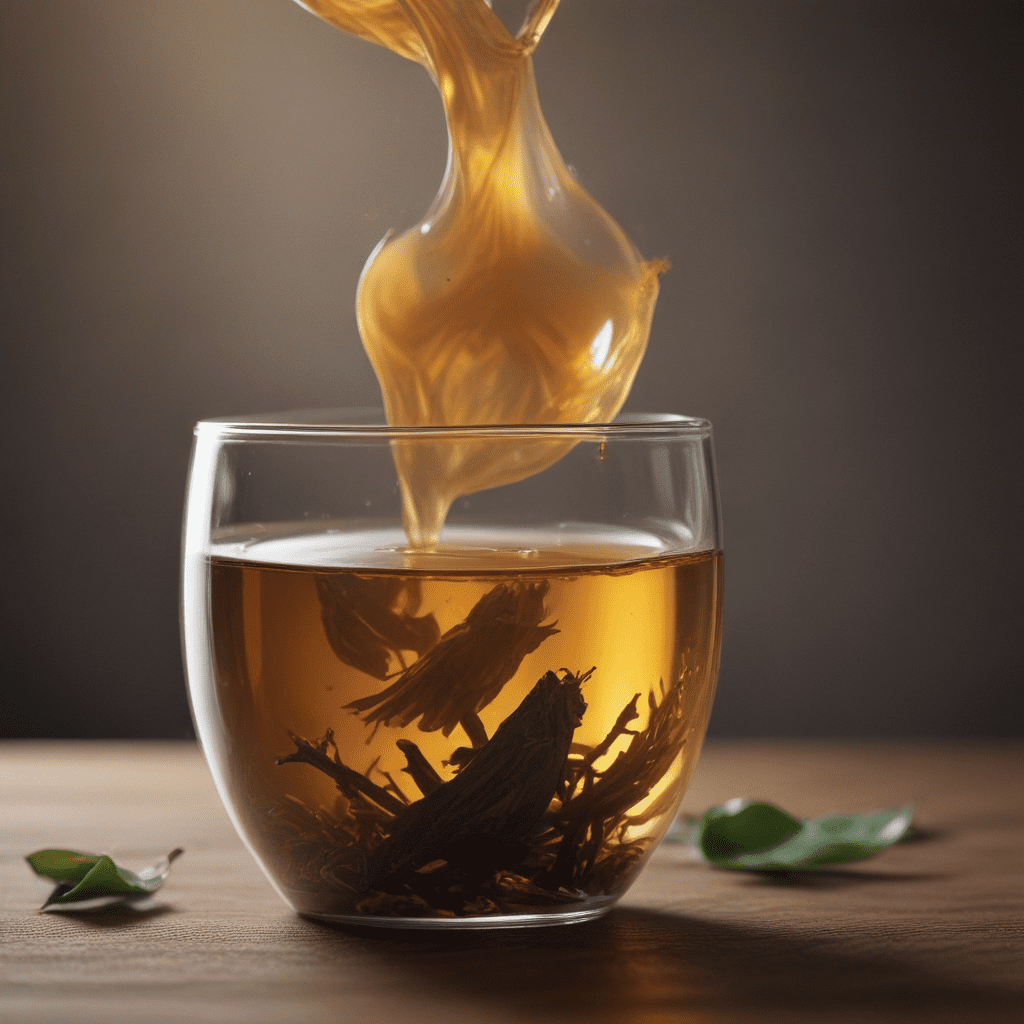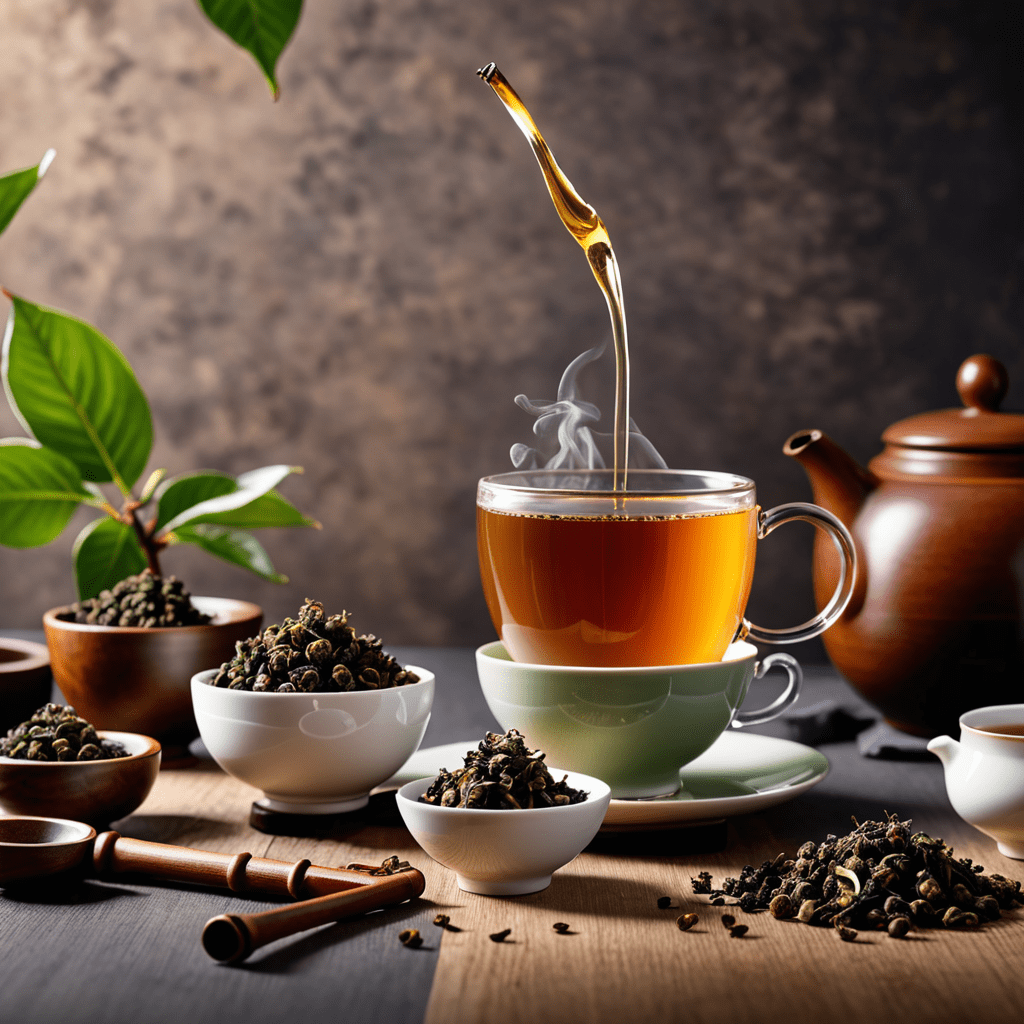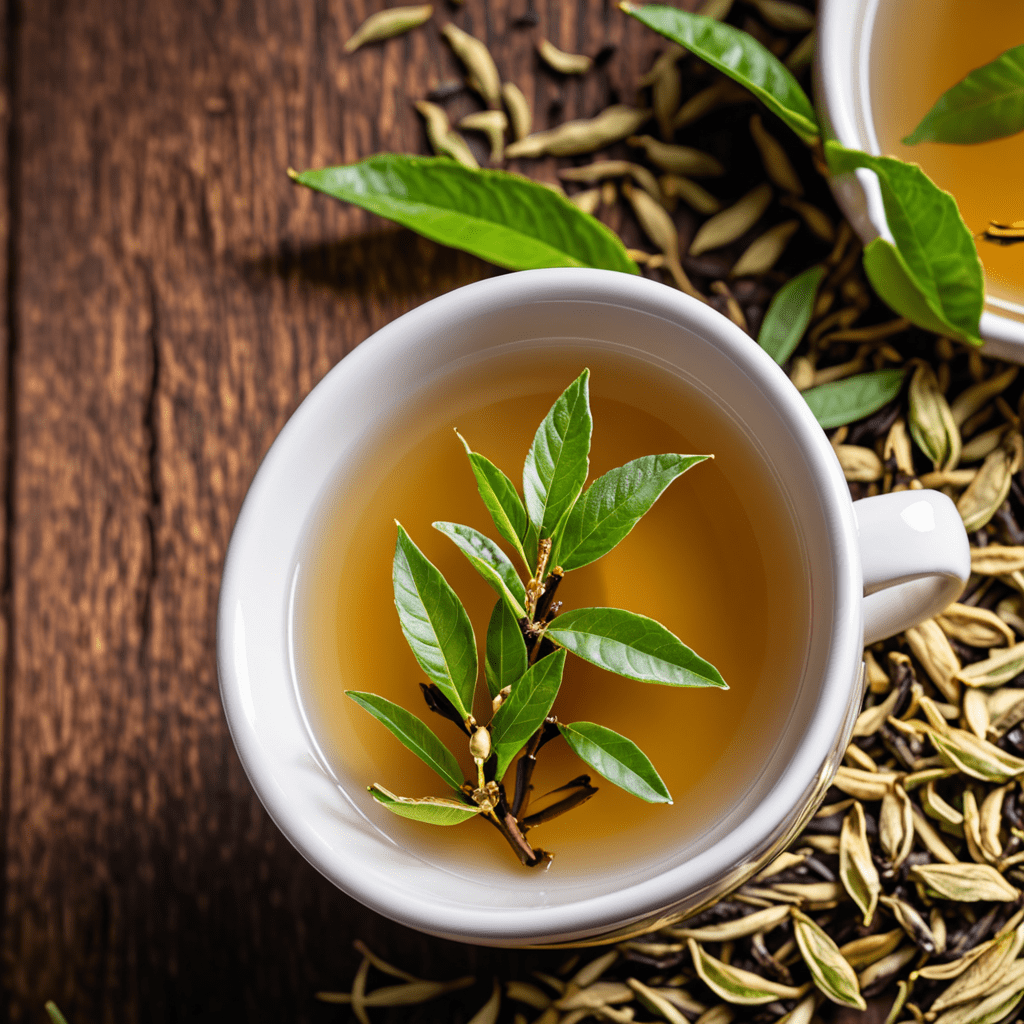Introduction: The Intertwined History of Tea and Taoism
Throughout the annals of Chinese culture, tea and Taoism have been inextricably intertwined, forging a spiritual connection that has shaped the traditions and beliefs of countless individuals. From the humble origins of tea as a medicinal beverage to its profound impact on Taoist philosophy and rituals, this enduring bond has left an indelible mark on the cultural landscape of China.
The Daoist Philosophy of Harmony and Balance
At the heart of Taoism lies the concept of Wu Wei, or effortless action. This principle emphasizes the importance of living in harmony with the natural flow of the universe, embracing simplicity and tranquility. Tea, with its subtle flavors and calming effects, has come to embody this philosophy, offering a tangible means to cultivate inner peace and balance.
Tea as a Symbol of Simplicity and Tranquility
Within the Taoist tradition, tea is revered for its ability to promote a state of mindfulness and connection to the present moment. Its delicate aroma and gentle taste encourage slow and deliberate consumption, inviting practitioners to savor the simple pleasures of life. The act of preparing and drinking tea becomes a ritual that fosters introspection and serenity.
The Tea Ceremony as a Ritual of Mindfulness
The Taoist tea ceremony is a profound ritual that transcends mere consumption. It is a guided experience that cultivates mindfulness, reverence, and a connection to the natural world. Each step of the ceremony, from the selection of tea leaves to the pouring of water, is imbued with symbolic meaning, inviting participants to be fully present and to appreciate the beauty of the moment.
The Medicinal and Spiritual Properties of Tea
Beyond its calming effects, tea has been used for centuries in traditional Chinese medicine to treat a wide range of ailments. Taoist practitioners believe that different types of tea possess specific medicinal qualities, such as green tea for detoxification and oolong tea for digestion. Tea is also considered to have spiritual properties, promoting clarity of mind and enhancing meditation practices.
Meditation and Tea: Seeking Inner Peace
Meditation plays a central role in Taoist practice, and tea is often used as a catalyst for achieving a state of inner peace and tranquility. The mindful consumption of tea helps to slow down the mind, reduce stress, and create a conducive environment for meditation. By focusing on the present moment and savoring the subtle flavors of tea, practitioners can cultivate a sense of deep relaxation and spiritual awareness.
Tea as a Vehicle for Taoist Alchemy
Taoist alchemy, also known as Neidan, is a mystical practice that seeks to transform the self through inner cultivation and the use of certain substances. Tea is believed to play a role in this process, as its various properties are said to aid in the purification of the body and the cultivation of qi, or vital energy. Taoist alchemists often used tea as a means to enhance their spiritual practices and promote longevity.
The Role of Tea in Daoist Literature and Art
The influence of tea on Taoist culture is evident in its rich literary and artistic traditions. Tea is frequently referenced in Taoist scriptures, poetry, and paintings, often symbolizing purity, simplicity, and the pursuit of enlightenment. Artists have also depicted tea-drinking scenes, capturing the serene and contemplative nature of this ritual. Tea has become an integral part of Taoist aesthetics, inspiring countless works of art and literature.
Tea and the Cultivation of Immortality
In Taoist mythology and legends, tea is often associated with the pursuit of immortality. It is believed that certain types of tea, such as the legendary "elixir of life," can grant eternal youth and longevity. While this notion may be symbolic rather than literal, it reflects the deep connection between tea and the Taoist quest for transcendence and spiritual liberation.
10.
The Enduring Legacy of Tea in Taoist Culture
Through centuries of tradition, tea has become an indispensable part of Taoist culture. Its calming effects, medicinal properties, and spiritual significance have made it a revered beverage that is deeply embedded in the daily lives of Taoist practitioners. The enduring legacy of tea in Taoist culture continues to inspire and guide countless individuals on their path toward inner peace, harmony, and spiritual enlightenment.
FAQ
Q: What is the significance of tea in Taoism?
A: Tea is central to Taoist philosophy, symbolizing simplicity, tranquility, and harmony with nature. It is used in rituals, meditation, and alchemy to cultivate inner peace and promote spiritual growth.
Q: How does tea contribute to Taoist meditation practices?
A: Tea's calming effects and ability to promote mindfulness make it an ideal companion for meditation. By savoring the present moment and focusing on the subtle flavors of tea, practitioners can cultivate deep relaxation and spiritual awareness.
Q: What role does tea play in Taoist alchemy?
A: Tea is believed to assist in the purification of the body and the cultivation of qi, or vital energy, in Taoist alchemy. Alchemists use tea to enhance their spiritual practices and promote longevity.
Q: How is tea represented in Taoist literature and art?
A: Tea is frequently referenced in Taoist scriptures, poetry, and paintings, symbolizing purity, simplicity, and the pursuit of enlightenment. Artists have depicted tea-drinking scenes, capturing the serene and contemplative nature of the ritual.


